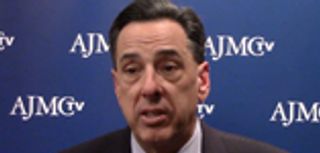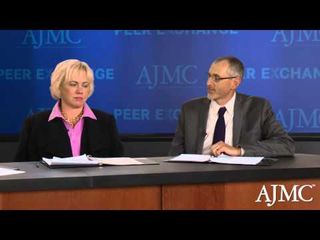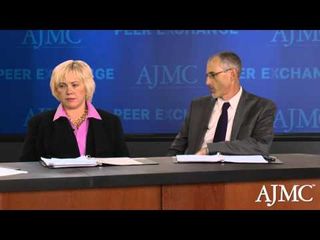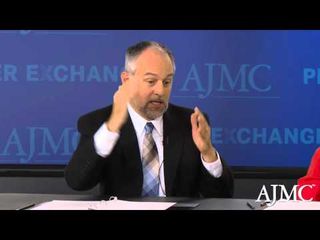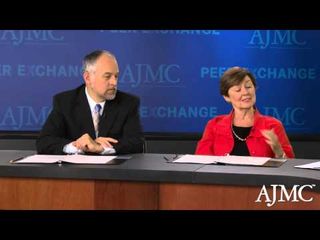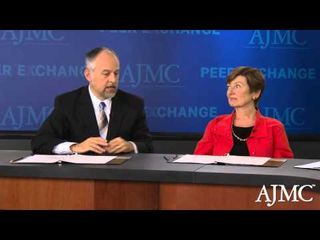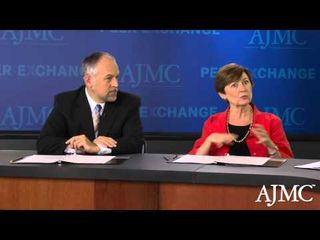
Health Care Cost
Latest News
Latest Videos

CME Content
More News

Medicare advantage beneficiaries who received care from providers in 2-sided risk payment models had lower rates of acute care use, according to new study findings.

The phase 3 trial of valoctocogene roxaparvovec for severe hemophilia A showed it reduced bleeding events as well as the use of factor VIII concentrates.

For most patients who survive COVID-19 hospitalization, out-of-pocket spending within 180 days of discharge is modest. However, 1 in 10 have out-of-pocket spending exceeding $2000.
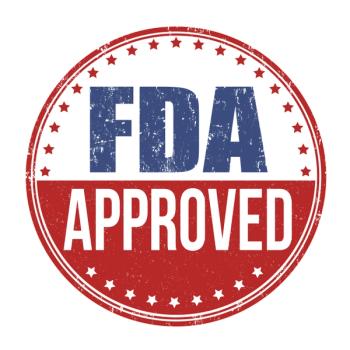
Full approval by the FDA follows tentative approval for the complex drug delivery advice for asthma and chronic obstructive pulmonary disease (COPD) granted by the FDA last week amid a patent dispute.

On this episode of Managed Care Cast, Anna Forsythe, PharmD, MSc, MBA, vice president of value and access at Cytel, explains the monetary and humanistic costs of conversion therapy among LGBTQ+ populations in the United States.

After years, the biosimilars horizon may be here with valuable opportunities to improve patient outcomes and reduce costs, said Eric Palmer, president and CEO of Evernorth.

Polypharmacy was associated with a nearly doubled increase in health care expenditures and a tripled increase in pharmacy expenditures among older patients with cardiovascular diseases (CVD).

A lack of transparency and misaligned incentives had curtailed the adoption of biosimilars in the United States.

From one-stop testing and treatment sites to boosting research and surveillance, Biden administration health officials expanded on the COVID-19 plan the president announced in his State of the Union address Tuesday night, but the plan will require additional funding from Congress.

The economic burden of rare diseases based on direct, indirect, and mortality-related costs is 10 times greater than the burden for mass market diseases, such as diabetes and cardiovascular disease, and this burden increases when no treatment is available.

The prior authorization process is a hurdle to getting care for individuals with rare diseases and limited options, according to a rheumatologist and a patient interviewed just before Rare Disease Day.

The redesigned accountable care organization (ACO) model is called the Realizing Equity, Access, and Community Health model and is scheduled to begin in 2023.

A new white paper from FAIR Health highlights the increase in costs for advanced life support and basic life support emergency ground ambulance transport between 2017 and 2020.

On this episode of Managed Care Cast, we discuss how already wide health care inequities in cancer are becoming much worse because of the COVID-19 pandemic, with guest Monica Soni, MD, associate chief medical officer at New Century Health.

Researchers compared drug costs among hospitals, specialty pharmacies, and physician offices.

Speaking during a webinar presented by the National Alliance of Healthcare Purchaser Coalitions, experts weighed the pros and cons of employer high-deductible health plans (HDHPs) and outlined steps to address challenges raised.

The researchers investigated the role that economic evaluation and budget impact analysis plays in reimbursement decisions for nusinersen, collecting data from countries across the globe.

AHIP released a report looking at the price markups for 10 drugs that can be delivered more affordably through specialty pharmacies, including 3 drugs with multiple biosimilars available.

The Senate voted 50-46 to confirm Robert Califf, MD, as commissioner of the FDA, which has been without a permanent leader for more than a year.

The national coverage determination will help detect early non-small cell lung cancer, CMS said.

Health state utilities can be used to examine and compare the cost-effectiveness of the chimeric antigen receptor (CAR) T-cell therapies for large B-cell lymphoma (LBCL) as more become available.

A bipartisan congressional report estimates overdose deaths cost the United States $1 trillion yearly; 4 states announce plans to lift their statewide mask mandates for schools; study finds greater risk of pregnancy complications in expectant mothers with moderate COVID-19 symptoms.

Part 1 of a 2-part webinar series by the National Alliance of Healthcare Purchaser Coalitions addressed issues in health care coverage affordability and how equitable health benefits and value-based design can reduce cost while improving employee engagement.

The overdiagonsis identified in the current study also led to overtreatment in this population, authors found.

Coverage of our peer-reviewed research and news reporting in the health care and mainstream press.







